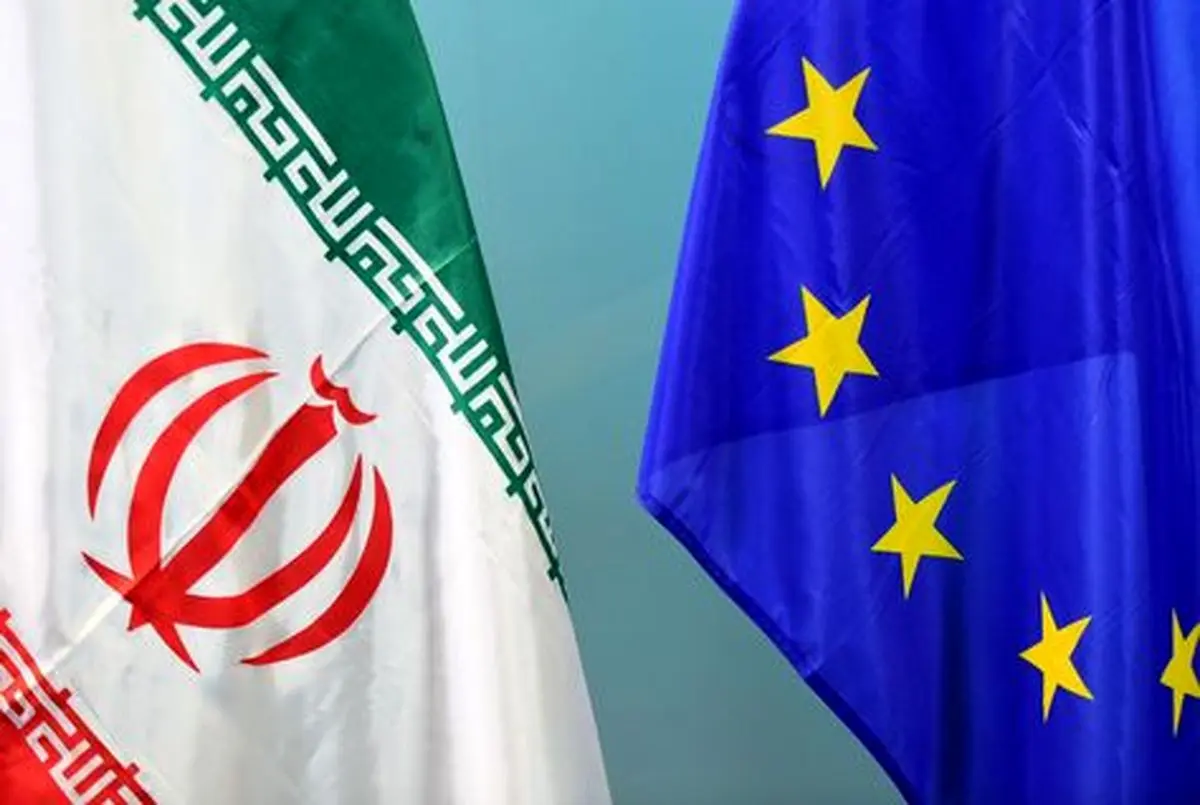European governments explore financial channels for Iran

The French, British and German governments have told Iran they are exploring activating accounts for the Iranian central bank with their national central banks in a bid to open a financial channel to keep alive the Iranian nuclear deal, according to several European officials.
The move is the first concrete sign that Europe could deliver on its promise to take steps to sustain the Iranian nuclear deal, setting European governments squarely against the Trump administration’s Iran sanctions policy aimed at isolating Tehran economically.
Following the U.S. withdrawal from the deal in May, Iran has said it would stop complying with the nuclear deal unless it continues to receive the economic benefits of the 2015 agreement. That deal saw most international sanctions on Tehran lifted in exchange for strict but temporary restrictions on Iran’s nuclear work.
Officials involved in discussions said the option of central banks activating Iranian central bank accounts—or reactivating some which have been dormant for years—is one of several that European governments are actively exploring. The three European governments laid out their plans to Iran during discussions earlier this month among foreign ministers and senior officials in Vienna. Officials said they are still trying to iron out details.
Other European governments, including Austria and Sweden, have also said they would consider doing likewise, the officials said.
However, officials stressed that while discussions have started with central banks, they haven’t yet received buy-in. European central bank officials have said there is reluctance to forge financial links with Iran as the U.S. prepares to reimpose sanctions.
Iran would also need to implement legislation to meet anti-money-laundering standards set by an international watchdog, the Financial Action Task Force, the officials said.
The Bank of England had no comment. The French and German national banks didn’t immediately respond to requests for comment.
According to two officials, the hope is that by activating euro, sterling and other-denominated accounts for Iran’s central bank in Europe, Iran could more easily repatriate global oil export revenues—or at least use that revenue to purchase key products, like spare parts for its automobile industry, in Europe.
Most large commercial western banks have refused to open Iranian accounts, fearing that U.S. sanctions would see their access to dollars being cut by U.S. authorities.
While European officials hope that European central banks would be protected from sanctions, they acknowledge there is no guarantee. The U.S. could place sanctions on central bank governors and board members—or even deny them access to U.S. financial markets, though there could be broad economic costs for doing so.
END
